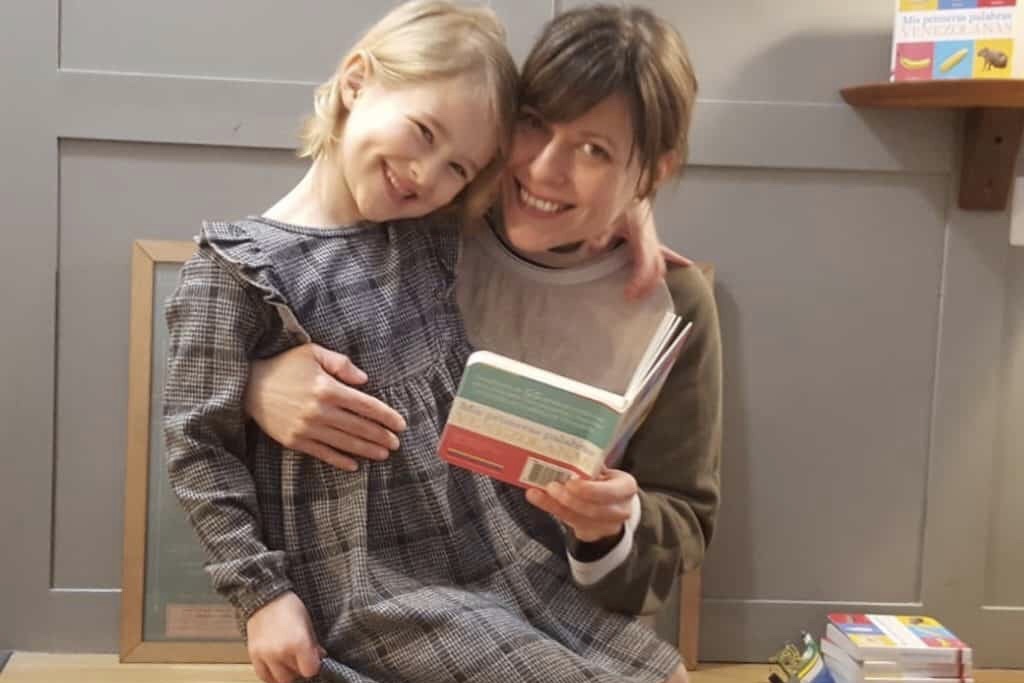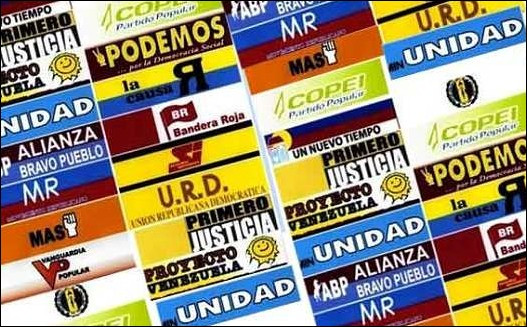Search and rescue actions in Güiria, Sucre state, have decreased without results. Last Thursday, coast guards refused to welcome National Assembly’s committee investigating the disappearance and sinking of the fishing boat Jhonnalys José a month ago.
Caracas. A week later, there is no trace of a possible shipwreck. On Güiria’s side, Sucre state, search operations have finished and now Protección Civil (PC) (Civil Protection) officers will track the coasts.
The relatives of the 33 missing people on the Ana Maria boat, which left La Playita quay towards Trinidad and Tobago on Thursday May 16th at 4:00 p.m., are desperate in the absence of information.
They feel helpless, without any state institution that assumes completely the responsibility of the situation and under suspicion that it could be a kidnapping, linked to a human trafficking network. Civilians have threatened to death several people in Güiria if they continue to denounce the situation.
Last Thursday May 23rd, National Assembly’s commission appointed to investigate this incident and Jhonnalys José’s fishing boat wreck from a month ago, gathered with the missing people’s relatives from both incidents.
Güiria Coast-Guard Command officers refused to welcome deputies Carlos Valero, Robert Alcalá, José Noriega, Denncis Pazos and Milagros Paz. They alleged that they could only meet the relatives of those people on Ana Maria.
“They did not want to receive the relatives of the first shipwreck and they felt mocked. Officers asked them how many people had disappeared when it is a complaint they have had from the first moment. They must participate in the search”, said congressman Robert Alcalá.
The deputy mentioned that the boats planned for the search operations were on dry land last Thursday.
Some fishermen were collaborating, after the first wreck they said they were going to assist with gas and lubricants but they did not, and this decreased the support.”
A source from Valdez Municipality Protección Civil in Güiria explained to Crónica.Uno that possibilities of finding, at least tracks, are less and less probable due to the intense current. As a result, the search has been focusing towards Margarita, where it is believed something could have gone there because of the current.
“We are looking towards the coasts, by the shores, because the sea throws everything out and if there is any bottle, bag or float it could already be floating towards the shores. The search will be carried out on Friday and Saturday and then we will remain attentive to any information to go and search. “
There were approximately 33 people on the Ana Maria boat, among them three children, two little siblings (three and four years old) and a 7-month-old baby. There was also a 7-month-pregnant woman. Deputy Alcalá said that 11 passengers wore life vests.
20 miles from the Trinidad coast, a man named Alberto Abreu was rescued, who presumably was that fishing boat’s captain. However, the man is in Grenada and so far he has not been deported to Venezuela.
A month ago, on April 23rd, Jhonnalys José boat got shipwrecked with around 33 to 38 people on board. Two days later, they found nine survivors and recovered the body of a sixteen-year-old teenager.
In less than a month, more than 50 people have disappeared in Güiria’s route to Trinidad and Tobago. Venezuelan authorities have not officially informed any progress with the investigations.
Güiria’s habitants told Crónica.Uno that a human trafficking network operates between both countries, which according to United Nations (UN) that is the third most lucrative illicit business in the world. This situation has always been a well-known secret among the residents.
According to research, the gang takes young women in Anzoátegui, Sucre, Delta Amacuro and Táchira states. They offer them jobs as waitresses or models, for instance, and are generally people the women are familiar with; when they arrive at Trinidad they are sexually exploited.




